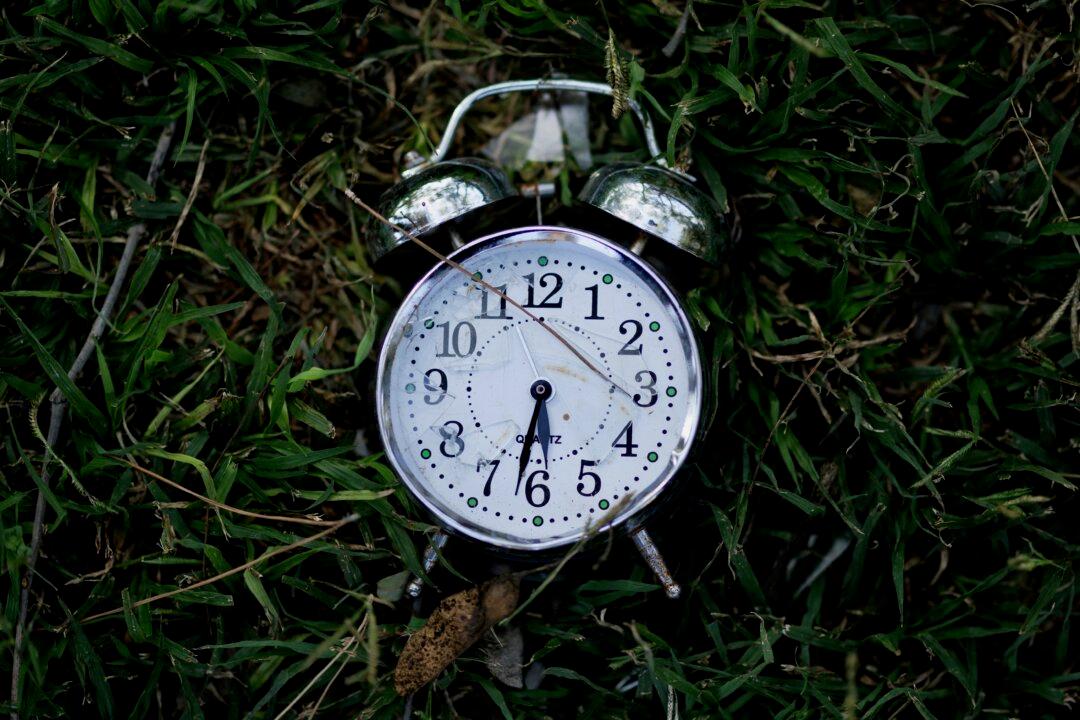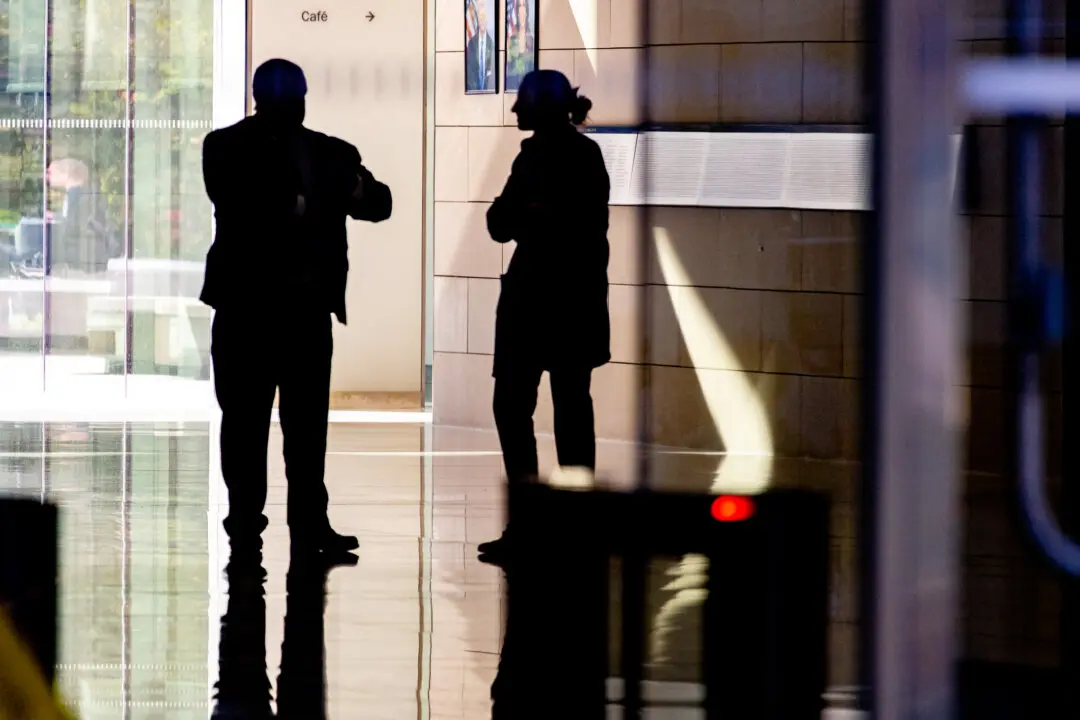LOS ANGELES—At 2 a.m. Nov. 5, it will be time to “fall back” to Pacific Standard Time, meaning turn your clocks back one hour.
Most people will have tended to that task before retiring for the night Saturday—getting an extra hour of sleep. Some will have to scramble to catch up Sunday. But remember—it will be getting light earlier in the morning, while also getting dark earlier in the afternoon or early evening.





